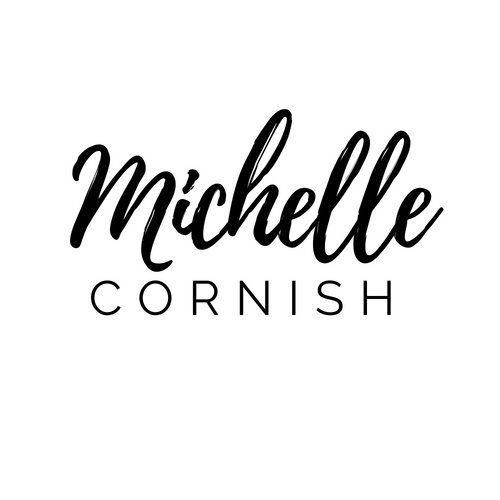What Does My Accountant Need to Do My Taxes?
/Like many questions to do with taxes, the answer depends on a number of things. I’m going to assume that if you’re asking this question, you’ve never worked with an accountant before. So, what does your accountant need to do your taxes? The information your accountant requires falls into two categories: general information all taxpayers are required to provide to their accountants and information specific to your unique tax situation.
General Taxpayer Information
It’s important that you have a good working relationship with your accountant because they’re going to need a lot of personal information from you. In order to do your taxes and make sure everything gets filed property with the government, your accountant will need:
Full name,
Current address,
Date of birth,
Marital status, and
Tax ID number (for example, Social Insurance Number in Canada or Social Security Number in the US).
Information Specific to Your Unique Tax Situation
Prior Years’ Tax Information
When you see an accountant for the first time, it’s important they have access to any past tax returns you’ve filed. There are a number of reasons for this but one of the most important reasons is to make sure there aren’t any items on previous tax returns that can affect your current year’s taxes. The most common example of this is any credits or deductions not used in the prior year that are available to be used in the current year.
The easiest way to give your accountant access to all your prior years’ tax information is to fill out an authorization form. The authorization form requires personal information like your full name, tax ID number, and signature. Once the form has been properly filled out, your accountant will send it to the appropriate government authority. When it’s processed, the authorization form will allow your accountant to talk to the tax authority on your behalf and even access your tax account online. It can sometimes take up to a few weeks for the government to process these forms though so your accountant may prefer another method of viewing your previous years’ tax information.
Other methods of obtaining this information are by providing your accountant with notices of assessments (the letters you receive from your tax authority after you’ve filed your tax return) or copies of the actual tax returns that were filed. Check with your accountant and see what they prefer.
Tax Forms
In order to file your taxes, your accountant will definitely need ALL the tax forms you receive from the government and/or your employer. A secondary benefit of providing authorization for your accountant to view your tax account is they can also use this authorization to check for any tax forms you might not have received by mail or to make sure you’ve provided them with all the forms that were sent to you.
Documentation for Deductions
Most accountants will have a checklist for you to complete every tax season that lets them know what types of deductions and credits you are eligible for. This is a great way to make sure nothing gets missed on your tax return so make sure you take your time and fill it out as completely as possible.
Once the tax checklist is completed, your accountant will likely review it with you and ask follow up questions or ask for further documentation as proof you can claim certain deductions and/or credits. If you’re not sure why your accountant is asking for something, just ask, there’s always a good reason.
Details of Self-Employment
When you’re self-employed, you will also need to provide your accountant with your self-employment income and expenses as well as the start date and nature of your business. Some accountants will have a separate checklist for your business so be sure and ask your accountant.
If you use an accounting app, the easiest way to provide your accountant with your business income and expenses is to give them access to the app. Most apps have a simple way of doing this by entering your accountant’s email to invite them to collaborate with you in the app. After they’ve been invited, they can access all the reports they’ll need to prepare your taxes.
When you’re doing your own bookkeeping for your business and you’re not using an accounting app, it’s important to ask your accountant what kind of information they want from you. Some accountants will start with a summary of your business income and expenses and ask you for further details if necessary and other accountants will want to view all your business transactions for the year (typically in the form of a general ledger). It really depends on the accountant, the type of business, and the size of the business in terms of volume of transactions.
If you don’t have an accountant, I highly recommend booking a complimentary consult. This can be done over the phone or in person and it’s a great way to find out if the accountant is a good fit for you and your business and a great opportunity to ask them if they have a checklist you can use to get your tax documents ready for them.
Not sure how to go about finding an accountant? My book, Keep More Money, explains just that. Check it out here.




